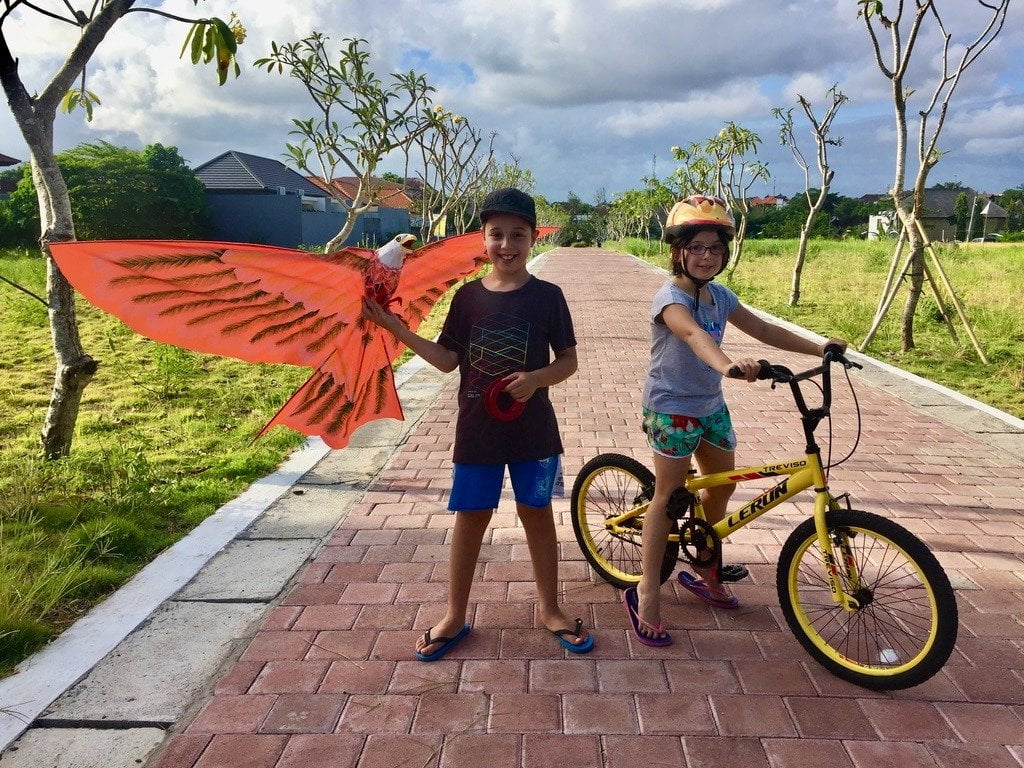Montessori education is an educational approach developed by Italian physician and educator Maria Montessori. It is based on her observation of children’s learning processes. The Montessori method emphasizes self-directed activity, hands-on learning, and collaborative play. In Montessori classrooms, children are encouraged to explore their environment and discover new knowledge at their own pace. Montessori classrooms are typically designed to provide a stimulating and engaging learning environment with materials designed to promote exploration and discovery. Montessori education is used in both public and private schools, as well as in homeschooling environments.
The Montessori method is based on the belief that children have an innate desire to learn, and that they learn best when they are allowed to explore and discover for themselves. The Montessori approach focuses on meeting the individual needs and interests of each child, rather than teaching a fixed curriculum to a group of students. This allows children to learn at their own pace and to follow their own interests and passions.
Classrooms are designed to be stimulating and engaging, and they are equipped with a wide variety of developmentally appropriate materials that allow children to explore and discover. The materials are designed to be hands-on and self-correcting, which helps children to develop independence and problem-solving skills.
Montessori teachers act as guides, rather than traditional lecturers or disciplinarians. They observe the children and use what they learn to create a classroom environment that is both challenging and supportive. They also work to foster independence, self-motivation, and a love of learning in their students.
Additionally, Montessori education prioritizes social-emotional development, in which children learn how to interact positively and respectfully with others, and it’s often noted that the Montessori approach helps children develop good social skills, self-esteem, and self-discipline.
In summary, Montessori education is based on the belief that children learn best when they are allowed to explore and discover for themselves in a stimulating, hands-on environment, guided by teachers who are trained to observe, meet the needs of each child and foster independence and a love of learning.
There are a number of reasons why some people choose Montessori education for their children. Some of the main benefits of Montessori education include:
- Self-directed learning: Montessori education encourages children to take an active role in their own learning, giving them the freedom to explore their interests and learn at their own pace.
- Hands-on activities: The Montessori method emphasizes the use of hands-on activities, manipulatives, and other materials that allow children to engage with the world around them and develop a deeper understanding of concepts.
- Mixed-age classrooms: Montessori classrooms are typically mixed-age, with children of different ages learning together. This allows older children to act as mentors and role models for younger children, and for children of different ages to learn from each other.
- Development of social skills: Montessori classrooms encourages an individualized approach where children learn to respect and to collaborate, coexist and to solve conflicts with their peers.
- Attention to individual needs: Montessori education is tailored to the individual needs of each child, with teachers working to help each child reach their full potential.
- Encourage Critical Thinking: Montessori education encourages children to think critically and independently, to question what they learn and to develop their own ideas.
It should be noticed that Montessori education is not for everyone, it’s highly recommended that you visit a Montessori school and observe the classroom before making a decision to enroll your child in one.



 Previous Post
Previous Post 
Leave Your Comment